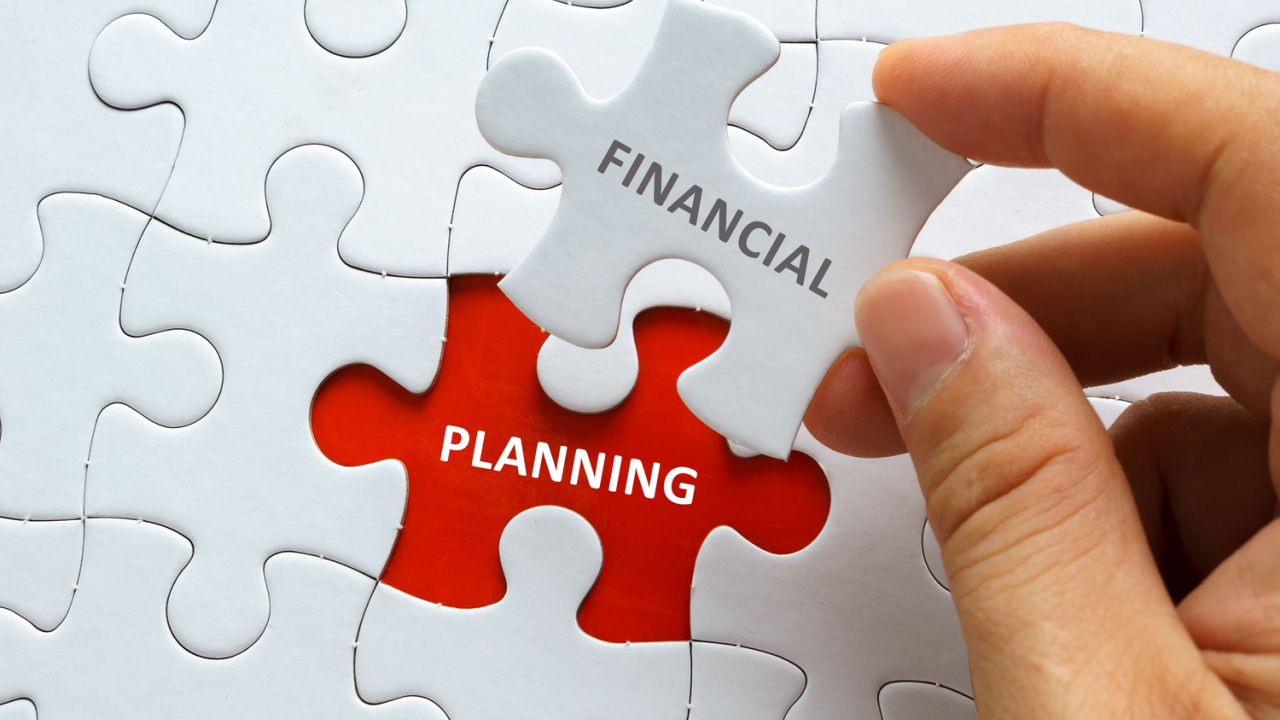FIRE – Financial Independence, Retire Early. That’s the dream, right? Quit the rat race and live life on our own terms. It’s totally doable. Plenty of people join the FIRE movement and manage to retire pretty quickly. And there’s a LOT of advice out there on how to do it. Sadly, much of the advice is outdated or just plain bad.
1. Ignore High-Interest Debt
 It’s often suggested to tackle high-interest debt first. However, spreading your payments to cover all debts might sometimes make more sense. It’s about finding a balance that keeps you afloat without overextending on any front. Or you could go with the snowball tactic, paying off your debts in order of smallest to largest. Every time you pay off a small debt, you put that payment toward the next smallest.
It’s often suggested to tackle high-interest debt first. However, spreading your payments to cover all debts might sometimes make more sense. It’s about finding a balance that keeps you afloat without overextending on any front. Or you could go with the snowball tactic, paying off your debts in order of smallest to largest. Every time you pay off a small debt, you put that payment toward the next smallest.
2. Don’t Worry About Your Emergency Fund

The old advice of a six-month emergency fund doesn’t cut it anymore. With job markets fluctuating, aiming for a nine to twelve-month cushion is prudent. This larger safety net can be a lifesaver when unexpected expenses or job loss hits.
3. Just Focus on Maxing Out Your 401K

While maxing out your 401k is beneficial, especially with employer match, don’t miss out on other investment avenues. Diversify your savings into accounts with more flexibility to ensure you’re not overly penalized for accessing your money when needed.
4. Rush to Buy a Home

Owning a home isn’t the financial silver bullet it once was. Consider your lifestyle, mobility, and the hidden costs of homeownership. Sometimes, renting provides the freedom and financial flexibility that aligns better with your life goals.
5. You Can Only Invest a Large Amount

The digital age has democratized investing, allowing you to start with minimal funds. Use platforms that enable small investments to gradually build your portfolio without breaking the bank.
6. Prioritize Paying off Debt, Not Investing

While being debt-free sounds ideal, it shouldn’t come at the expense of growing your wealth. Balance paying down debt with strategic investments to ensure your money works for you.
7. Make Minimum Payments

Paying just the minimum on loans, especially if you can afford more, prolongs your debt and accrues more interest. Adjust your payment strategy to chip away at the principal faster, without straining your finances.
8. Stick Rigidly to Old Financial Plans

The financial world is ever-evolving. Don’t be afraid to update your money management strategies to reflect current realities and opportunities. A flexible approach can yield better long-term benefits.
9. Find a High-Paying Job

The job market has changed. High-paying jobs are not as plentiful, and loyalty to a single company may not be rewarded as it once was. Be open to exploring different opportunities and paths to financial growth. I prefer the method of growing multiple income streams. It lets me pursue different interests and skill sets and makes sure that if one avenue dies off or slows down, I still have other sources of income.
10. Live in Austerity to Save More

Cutting out all leisure activities for the sake of saving can be counterproductive. Allowing yourself some enjoyment and relaxation is essential for mental health and can prevent burnout.
11. Clinging to Your Car Unnecessarily

While going carless isn’t feasible for everyone, evaluating your transportation needs and alternatives can uncover savings. Consider carpooling, public transportation, or cycling if they fit your lifestyle and location.
12. Work Multiple Jobs Nonstop

The notion that working endlessly is the only way to financial stability is outdated. Focus on maximizing your primary income source and seek passive income opportunities to enhance your financial health without sacrificing your well-being.
13. Never Eat Out

While cooking at home is economical, completely cutting out dining out can diminish your quality of life. Find a balance that allows for occasional treats without derailing your budget.
14. Don’t Talk About Money

Open discussions about finances can offer new insights and support. Don’t shy away from sharing experiences and strategies with trusted friends or family. A collective wisdom approach can lead to smarter financial decisions.
20 Crucial Supplies for Surviving a Societal Collapse

In the face of uncertainty, being well-prepared gives you at least some degree of control and security. The thought of a societal collapse, while extreme, prompts us to consider how we might endure without the conveniences of our current lifestyle. Here’s a list of 20 essential items that could prove indispensable in such a scenario. This guide isn’t about succumbing to fear but embracing preparedness and resilience.
14 Essential Canned Goods for Your Emergency Pantry

I firmly believe in keeping a well-stocked emergency pantry. While fresh food is ideal, in a survival situation, we may not be that lucky. So, for my family, even though we grow a lot of our own food, canned goods play a crucial role in emergency preparedness. They offer a reliable source of nutrition when access to fresh produce may be limited. The goods you stockpile should be affordable, easy to store, and full of nutrition.
Best Regions in the U.S. to Escape to When Society Collapses

Choosing a refuge in the event of societal collapse involves weighing the pros and cons of each location against your personal preparedness goals and abilities. Whether you’re drawn to the solitude of the desert or the protective heights of the mountains, the key is finding a place that offers safety and the opportunity for growth and renewal.

